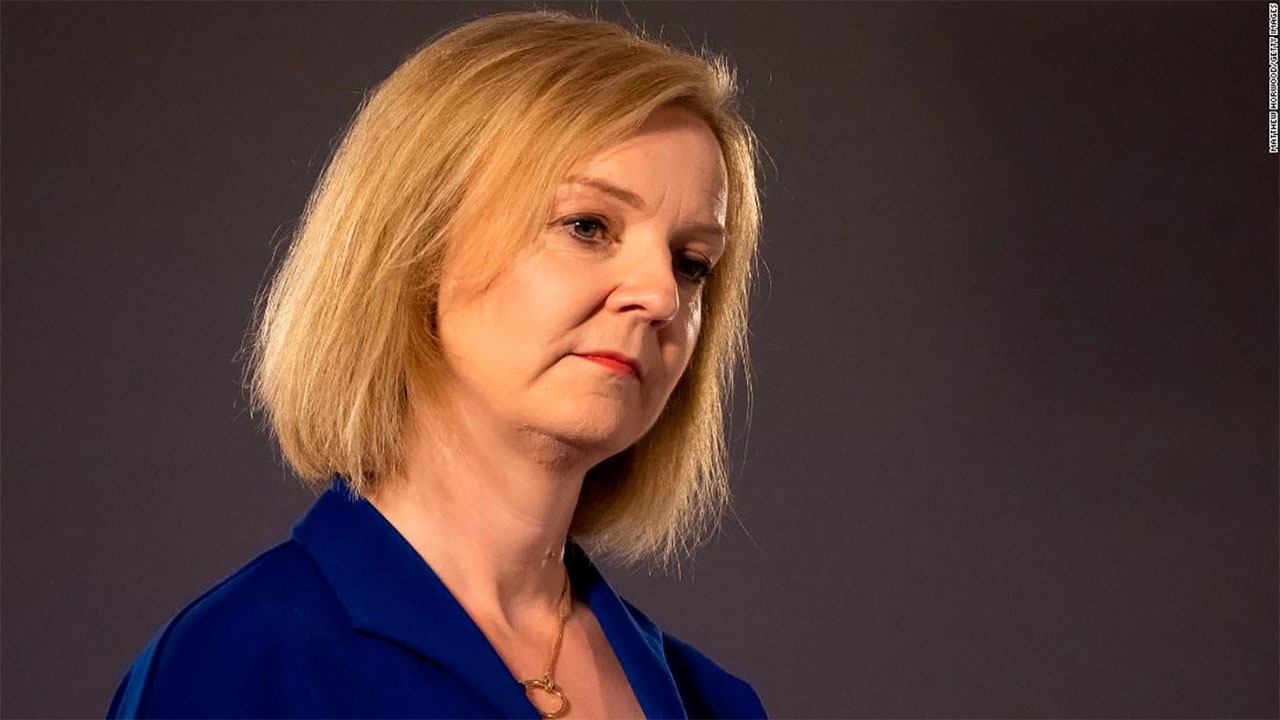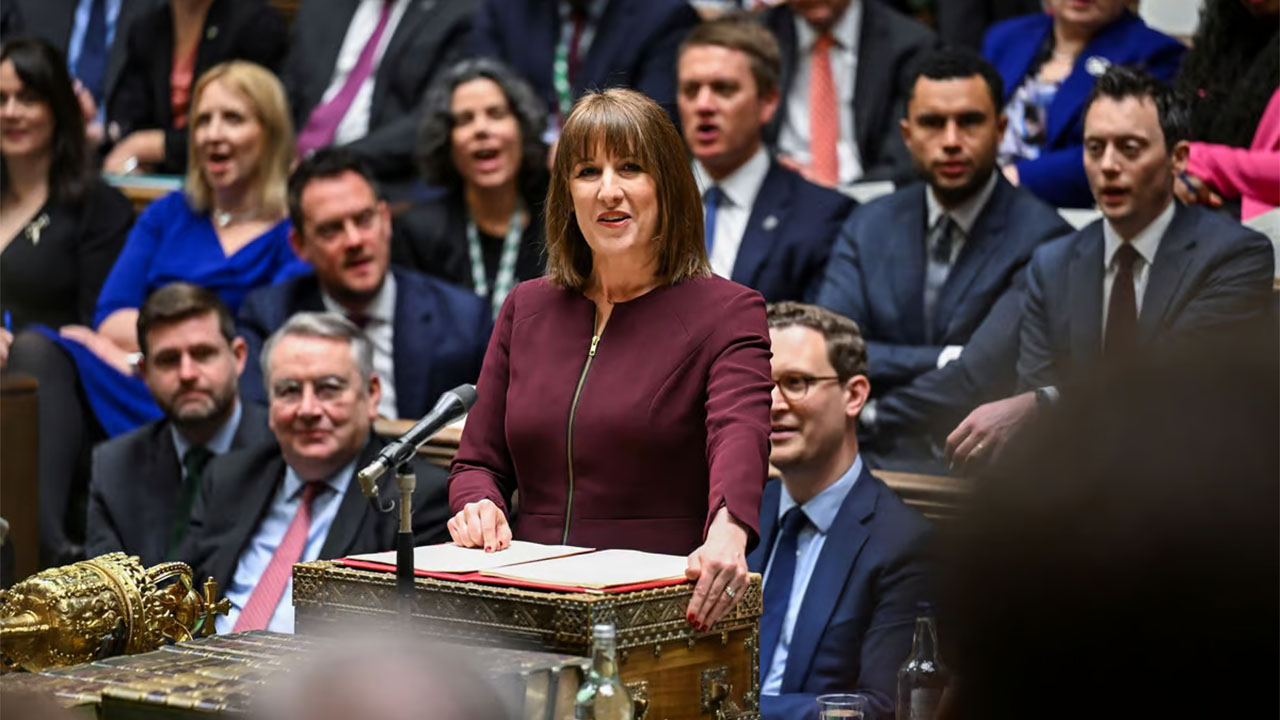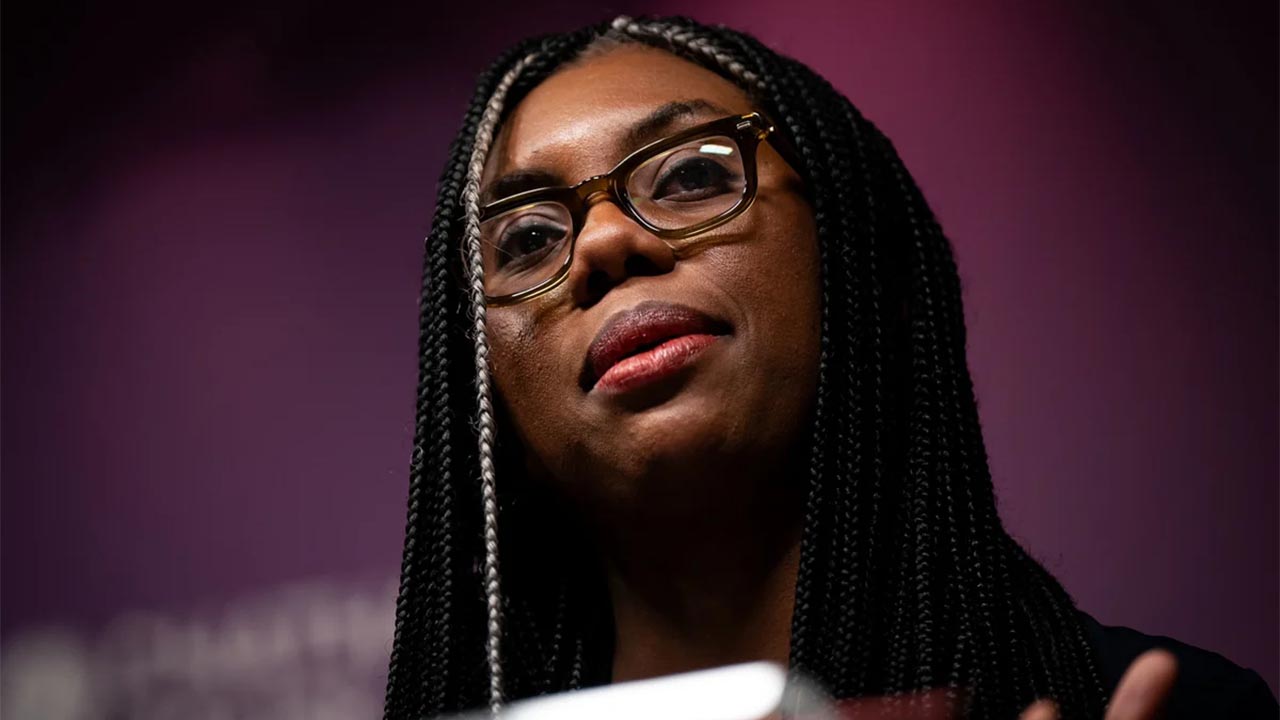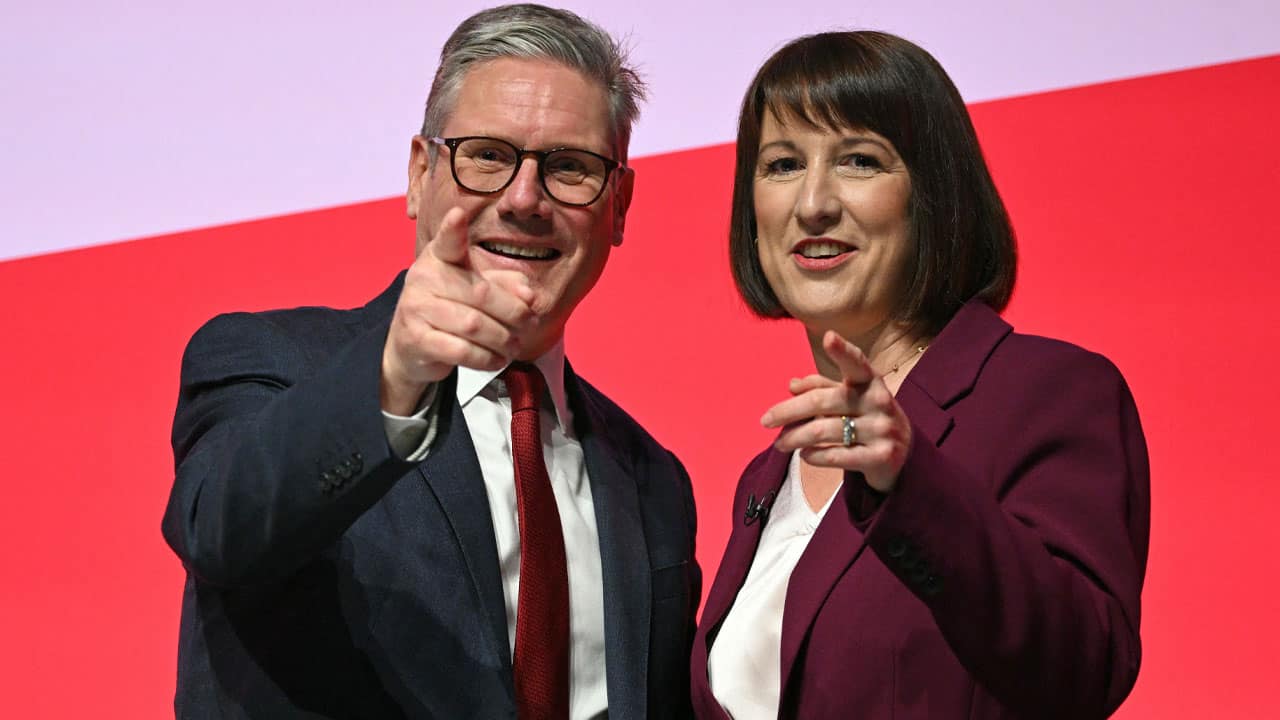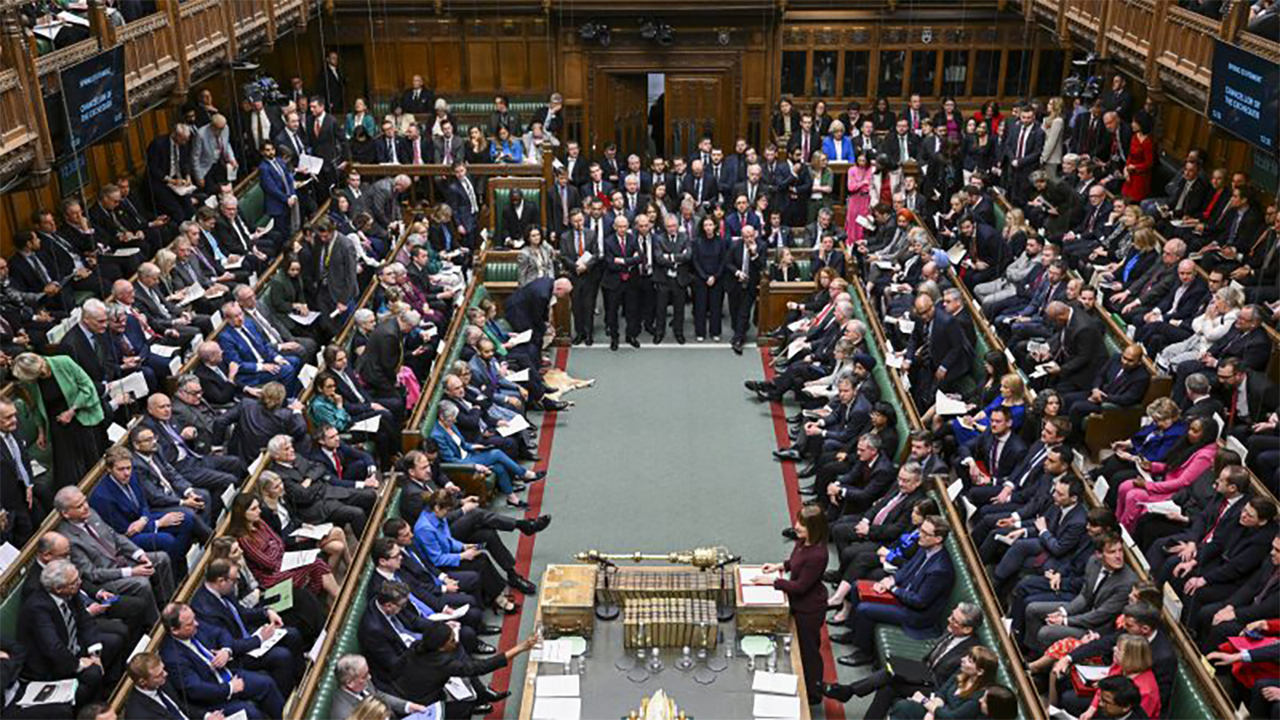The crisis facing business as we enter the final months of 2022 is arguably greater than those we had to overcome during the pandemic.
The government acted to get businesses through that challenging period with a series of measures, furlough being the main support tool, though there was also a high reliance from many companies of loans – which ironically most are having to start to be repayed around about now.
Combine increased interest rates, a hike in inflation, difficulties with supply chains, the cost-of-living crisis, wage demands, staff shortages, and the catastrophic energy prices – and it is easy to see why we are experiencing a perfect storm that many are predicting will see a big number of companies go to the wall this winter – particularly, though not exclusively, in the hospitality sector.
It appears that the Prime Minister-elect Liz Truss will implement two measures that DIB has been calling for since last year: a reversal of the National Insurance increase, and the cancellation of the corporation tax hike from 19% to 26%.
However, on their own, those changes now don’t touch the sides in terms of the support businesses need.
The further policies that need to be considered are:
- The opportunity for companies to delay and restructure their COVID – related, government-backed loans.
- The Bank of England to abandon any plans to increase interest rates further.
- Energy companies to adopt a ‘profit sacrifice’ for at least two years – or face the prospect of nationalisation.
- Business Rate subsidies.
- A more sympathetic approach from HMRC in collecting business taxes owed, with more generous time-to-pay arrangements pro-actively encouraged.
Whatever people think of Liz Truss, she will be looking for new initiatives to tackle an economic storm that she knows could make her time in 10 Downing Street short lived. For the sake of the short-term health of the nation, lets hope the Treasury have a policy package that she can implement quickly and successfully.


